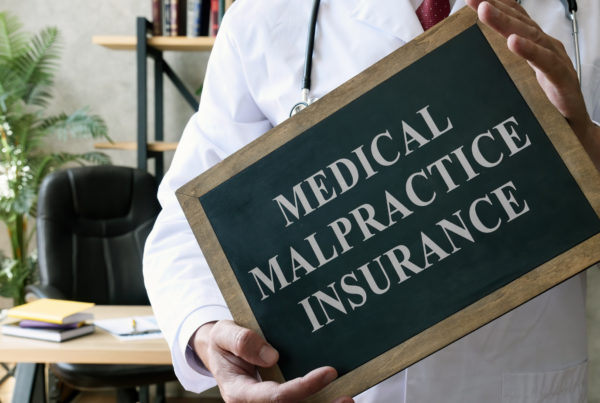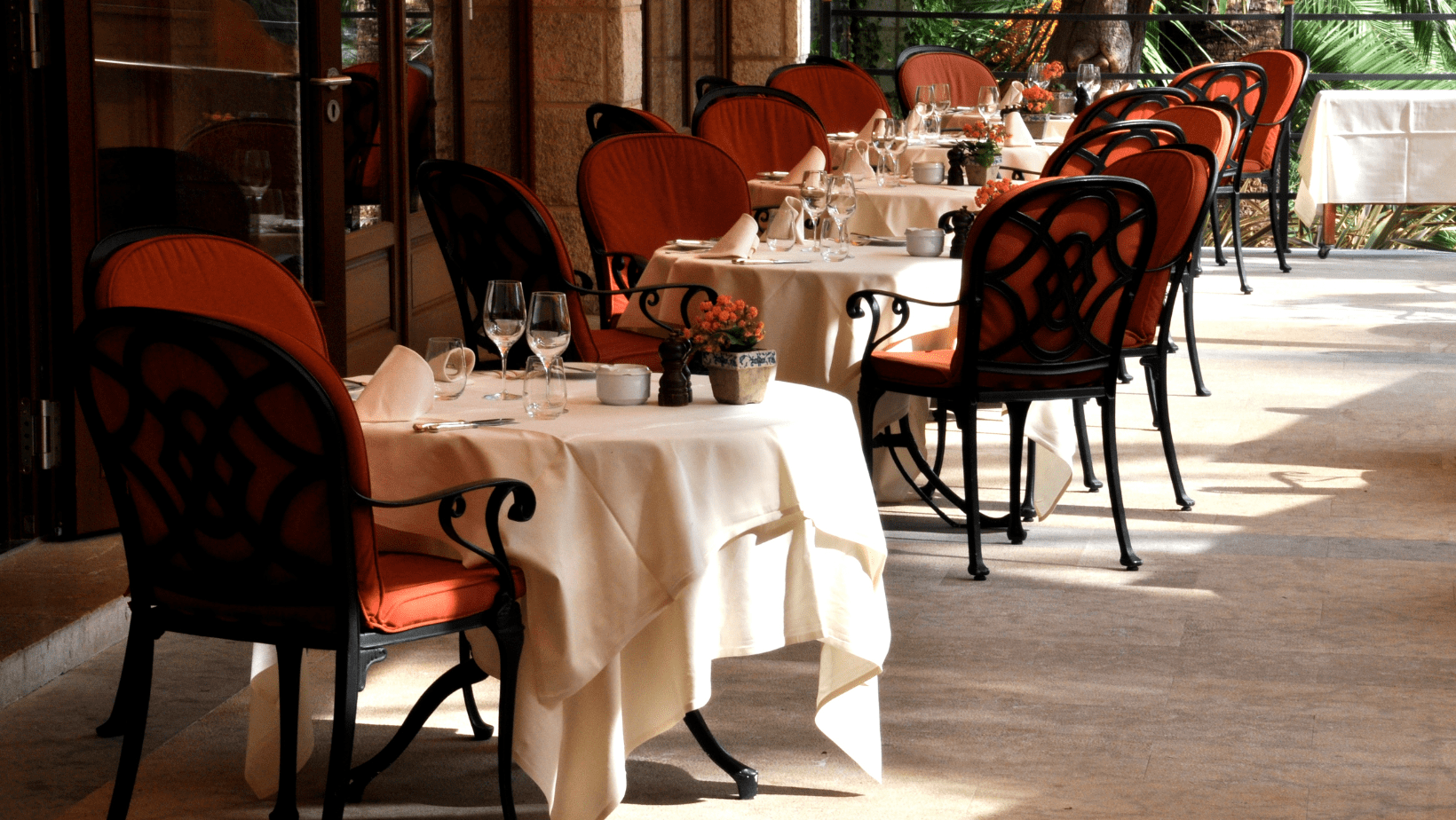
With the rise of food culture and dining out becoming a popular trend, opening a restaurant can seem like a lucrative business venture. However, being a restaurant owner comes with various responsibilities and liabilities that one must be aware of to ensure the success and longevity of their establishment. From legal obligations to financial risks, there are several factors that every restaurant owner should consider when starting or running their business.
In this article, we will delve into the different liabilities that a restaurant owner needs to be aware of and how they can effectively cover them. We will also discuss the importance of having the right insurance coverage to mitigate any potential risks. Keep reading to learn more!
What Are Restaurant Liabilities?
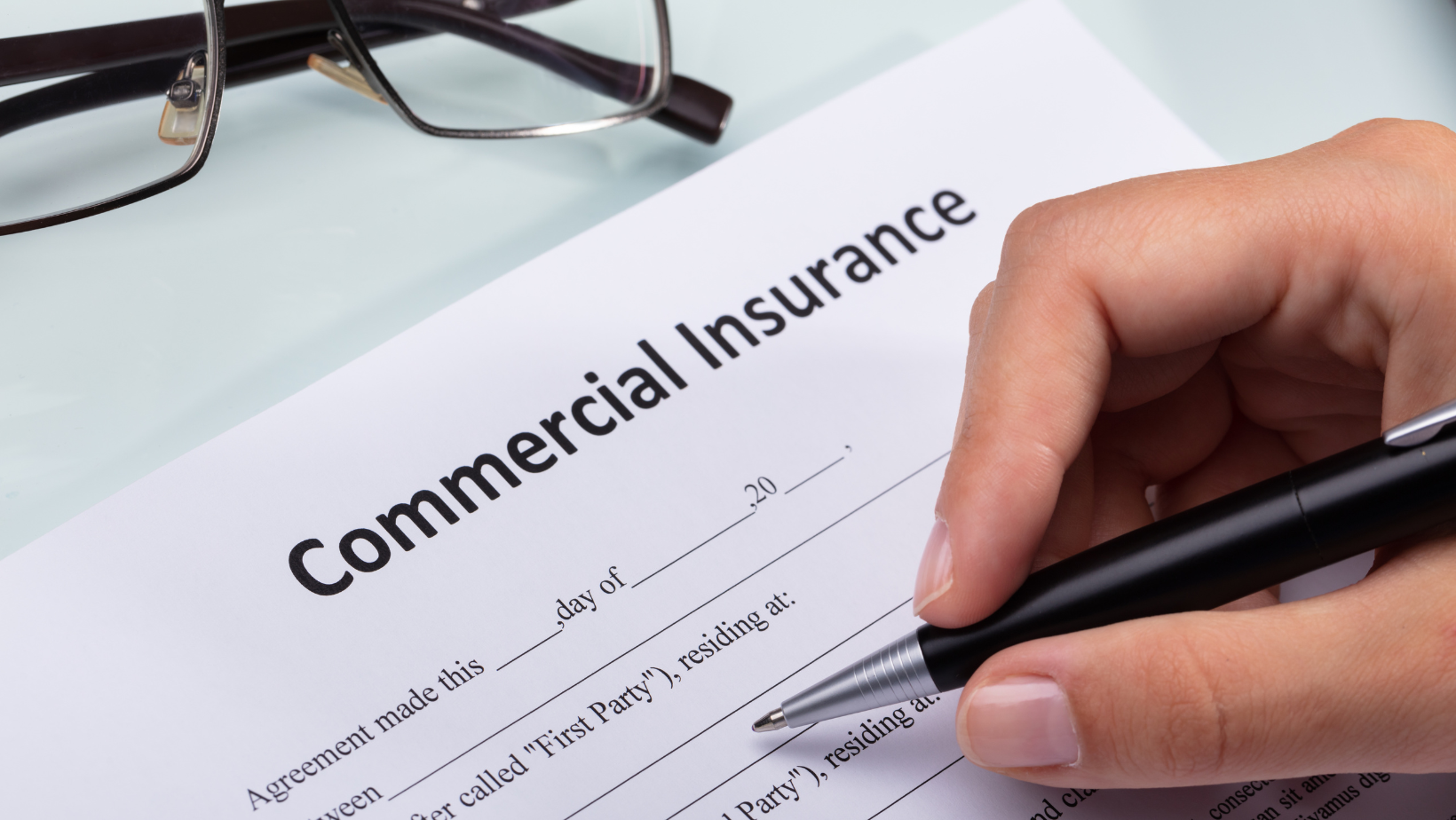
This can result in costly legal fees and potential payouts if found liable. In addition to this restaurant insurance cost, there are also liabilities related to food safety and compliance with health regulations. Failure to meet these requirements can lead to fines or even temporary closure of the restaurant, resulting in financial loss and damage to reputation. It is essential for restaurant owners to be aware of these liabilities and take necessary measures to cover them.
Types of Liability Insurance for a Restaurant
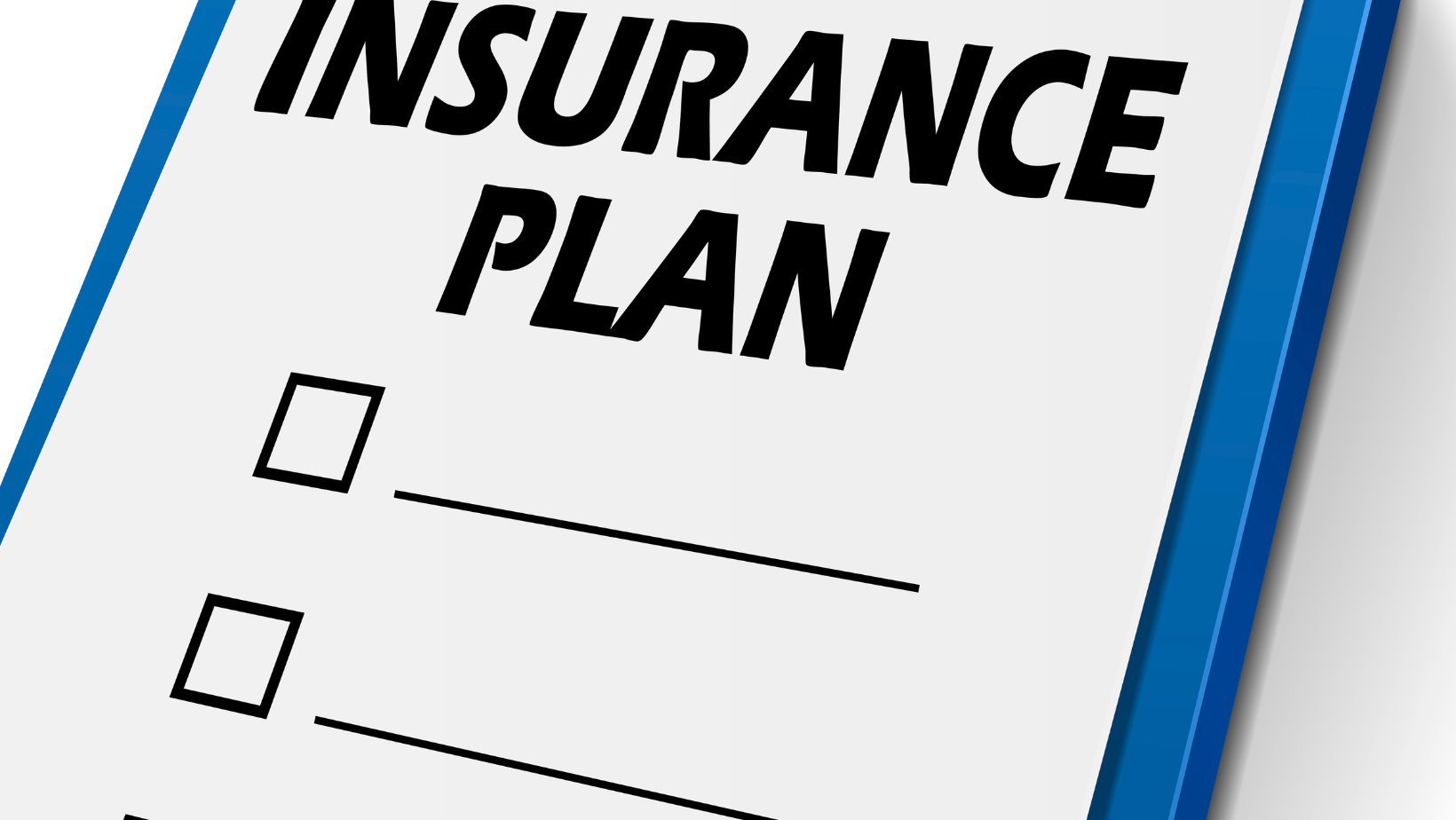
General Liability Insurance
General Liability Insurance is crucial for protecting your restaurant from a wide array of risks and unexpected events inherent in the dynamic atmosphere of a busy dining establishment. This insurance is key in offering protection against claims related to bodily injury, property damage, and even advertising injuries that might inadvertently arise from your restaurant’s operations. For example, should a customer accidentally suffer burns from spilling hot coffee on themselves while dining in your establishment, they could seek compensation for medical expenses and lost income.
In such cases, General Liability Insurance would cover these costs, shielding your restaurant from financial hardship. Additionally, this insurance extends to damages caused by the restaurant’s activities, such as the accidental destruction of a valuable item during meal service. Without this insurance, restaurant owners face personal liability for these incidents, potentially leading to severe financial repercussions and even bankruptcy.
Workers’ Compensation Insurance
Workers’ Compensation Insurance is another indispensable coverage for restaurant owners, designed to provide financial aid to employees who suffer work-related injuries or illnesses. In the bustling environment of a restaurant, where kitchen staff handles sharp utensils and hot surfaces, and servers are constantly on the move, there’s a significant risk of accidents occurring. Whether it’s a burn, a cut, or a slip and fall, employees can incur injuries that might prevent them from working and lead to medical expenses.
Workers’ Compensation Insurance helps by covering these medical bills and providing wage replacement benefits to the injured employees during their recovery period. This not only supports your staff in their time of need but also safeguards your business against potential legal costs related to workplace injuries. It’s a critical component in maintaining a safe and supportive workplace environment, ensuring both the physical well-being of your staff and the financial health of your establishment.
Property Insurance
Property Insurance is crucial for restaurant owners, safeguarding the business’s physical assets from damage or loss. This coverage extends to the building, furnishings, kitchen equipment, and all properties essential for operation. Disasters like fires, storms, theft, or vandalism can devastate a restaurant’s infrastructure, leading to substantial financial setbacks.
By offering financial aid for repairs or replacements, Business Insurance plays a pivotal role in ensuring that a restaurant can swiftly recover and resume its activities. It’s imperative for owners to choose restaurant liability insurance that caters to the specific risks of their location and business type, guaranteeing thorough protection against possible hazards.
Liquor Liability Insurance
For businesses that serve alcoholic drinks, Liquor Liability Insurance is essential, safeguarding them against claims arising from the adverse effects of alcohol consumption. This specialized liability coverage caters to the distinct risks of serving alcohol, including property damage, personal injury, or legal challenges due to an intoxicated customer’s behavior. For example, if a bar serves alcohol to a customer who later becomes excessively intoxicated and injures themselves or others, the establishment could be held responsible for the resulting damages.
Liquor Liability Insurance offers protection by covering legal fees, medical costs, and any commercial property insurance settlements that may occur. Restaurant owners must assess their liquor liability risks prudently and secure adequate insurance coverage to shield their business from potential financial setbacks. Additionally, this type of restaurant insurance cover can also provide coverage for employees who serve alcohol, protecting them from personal liability in the event of a lawsuit. It’s crucial for restaurant owners to prioritize the safety and well-being of their customers and employees by obtaining Liquor Liability Insurance.
Employment Practices Liability Insurance
Employment Practices Liability Insurance (EPLI) is designed to protect businesses against claims related to employment practices and workplace issues. In the restaurant industry, where employees are constantly interacting with customers and handling sensitive information, there is a high risk of discrimination, harassment, or wrongful termination allegations. These claims can be costly for a business in terms of legal fees and potential settlements.
Employer’s liability insurance offers coverage for these risks, protecting both the business owners and the employees. It provides financial assistance for legal expenses and any settlements that may arise from lawsuits related to employment practices. With workplace issues becoming increasingly prevalent, restaurant owners must secure EPLI coverage to safeguard their businesses against potential liabilities.
Food Contamination Insurance
Food contamination is a significant concern for restaurants, as tainted food can cause serious illness or even death for customers. This can lead to costly legal battles and damage to the establishment’s reputation. Food Contamination Insurance provides coverage for these risks, offering financial assistance for legal fees, medical expenses, and any settlements that may occur due to contaminated food served at the restaurant.
This insurance is especially crucial in today’s society where food safety regulations are stringent, and consumers are increasingly aware and concerned about foodborne illnesses. By obtaining Food Contamination Insurance, restaurant owners can protect their business from potential financial losses and maintain the trust of their customers.
What To Consider When Choosing Insurance Coverage
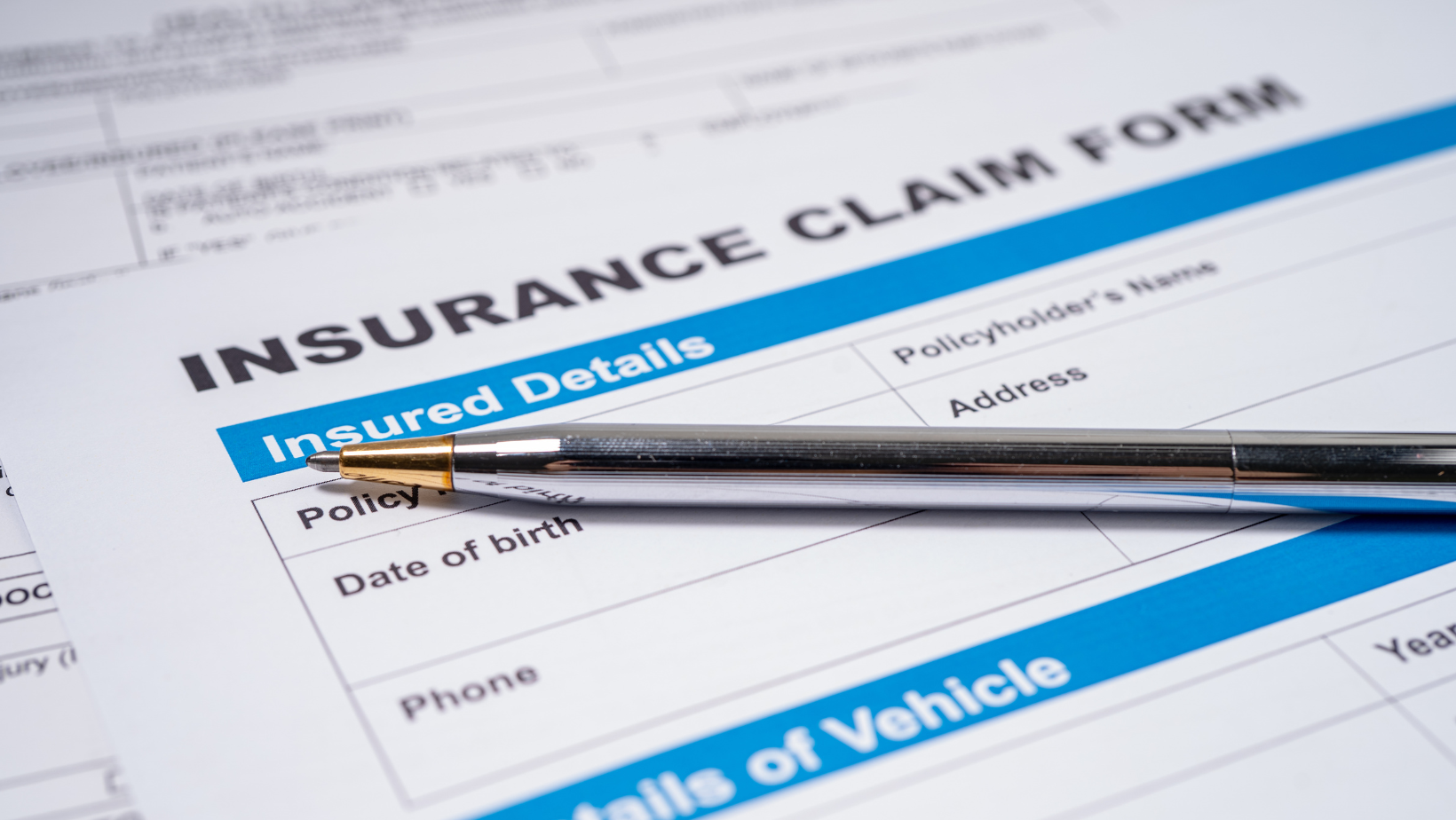
Type of Restaurant
When it comes to choosing insurance coverage for your restaurant, the first factor to consider is the type of restaurant you own. This includes the cuisine you serve, the style of service, and the overall atmosphere of your establishment. For example, a fine dining restaurant that serves high-end cuisine may have different insurance needs than a fast-food chain or a casual family-style eatery.
This is because the risks and potential liabilities may vary depending on the type of restaurant. A fine dining restaurant may require more comprehensive coverage for its expensive equipment and high-end ingredients. At the same time, a fast-food chain may need more specific coverage for employee injuries due to repetitive tasks.
Location
The location of your restaurant is a crucial factor in determining the appropriate insurance coverage. The risks and potential hazards associated with a downtown restaurant in a bustling city may vastly differ from those of a small-town diner located on the outskirts. For instance, in an urban setting, there may be a higher risk of theft or vandalism, while in rural areas, natural disasters like floods or fires may pose a more significant threat.
As a restaurant owner, it’s essential to consider your location’s unique risks and secure restaurant insurance costs that adequately protect against them. Suppose your restaurant is located in an area prone to flooding. In that case, you may need additional coverage for water damage or business interruption insurance to cover lost income during repairs.
Size of Business
The size of your restaurant business is another crucial factor to consider when choosing insurance coverage. This includes the number of employees, seating capacity, and annual revenue. A larger restaurant with a higher volume of customers and employees may have more significant risks and potential liabilities compared to a smaller establishment.
For example, suppose you own a large-scale restaurant with multiple floors and a high seating capacity. In that case, you may need additional coverage for slips and falls or other accidents that may occur on your premises. On the other hand, a smaller restaurant with limited staff and seating may have lower risks in these areas. Still, it may require more specific coverage for food contamination or liquor liability. Understanding the size of your business is essential in determining the appropriate insurance coverage needed to protect against potential liabilities.
Customer Base
Understanding your customer base is essential when evaluating the insurance needs of your restaurant. Different demographics may present unique risks and require specific types of coverage. For instance, establishments that cater primarily to families with young children might need to consider the likelihood of accidents or injuries occurring on the premises, necessitating more comprehensive general liability insurance. Conversely, restaurants that attract a younger, nightlife-oriented crowd might face increased risks associated with alcohol consumption and require more robust liquor liability insurance.
Additionally, the size and loyalty of your customer base can influence the level of business interruption insurance needed. A restaurant with a large, regular clientele might suffer more significant financial losses during a temporary closure and thus would benefit from a higher level of coverage. Taking a close look at who frequents your food and beverage business and their behaviors can guide you in tailoring insurance coverage to meet your specific needs, ensuring that the insurance company adequately protects both your business and your patrons.
Benefits of Securing Restaurant Insurance
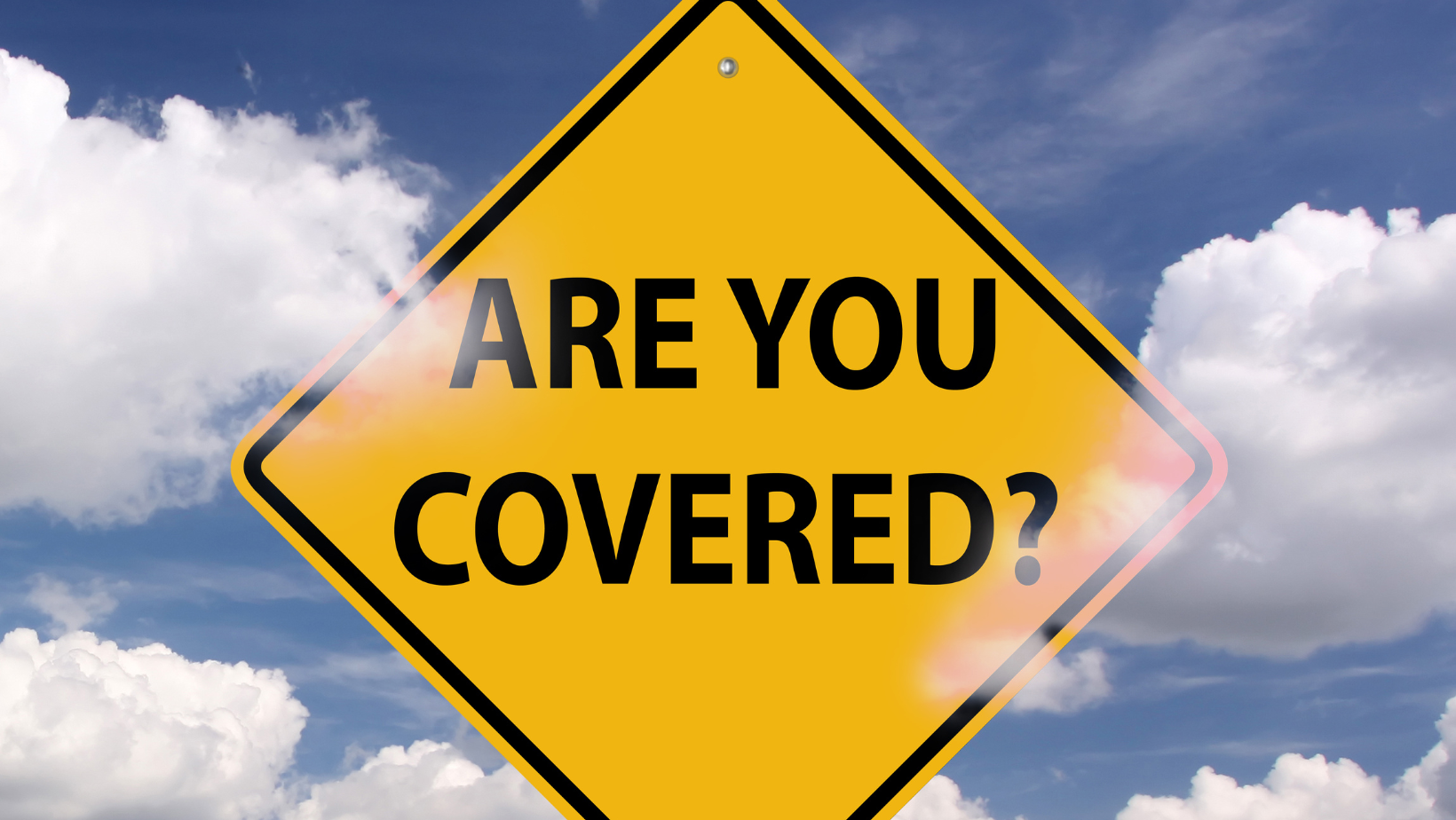
Financial Security
One of the most significant benefits of securing comprehensive restaurant insurance is the financial security it offers to business owners. Operating a restaurant involves navigating a plethora of risks daily, from potential foodborne illnesses affecting patrons to unforeseen damages caused by natural disasters. Without adequate insurance, the financial burden of legal fees, settlements, or repairs could be devastating, potentially leading to bankruptcy. For instance, with liquor liability insurance, a restaurant owner can protect against financial losses resulting from lawsuits related to alcohol consumption on their premises.
Peace of Mind
Running a restaurant comes with its share of stress and uncertainties. However, having the right insurance coverage in place can provide business owners with peace of mind, knowing they are protected against unforeseen events. With commercial auto insurance in place, restaurant owners can focus on running their business without constantly worrying about potentially crippling financial losses in the event of an accident or disaster.
Protection for Employees
Restaurant insurance not only protects against potential liabilities related to customers but also provides coverage for employees. Injuries, illnesses, and accidents can occur in any workplace, including restaurants. Having workers’ compensation insurance can ensure that your employees are protected and fairly compensated in the event of a work-related injury or illness. This coverage can also protect your business from legal action by employees, ensuring the well-being of both parties.
Challenges Faced by Restaurant Owners

- Understanding insurance terminology: The world of insurance can be complex and filled with technical jargon that may be unfamiliar to those outside the industry. This can make it difficult for restaurant owners to understand their coverage options fully and make informed decisions about which policies are right for their business.
- Navigating legal requirements: Different states and localities may have specific insurance requirements for restaurants, making it essential for owners to research and comply with these regulations. Failure to do so could result in fines or penalties.
- Determining appropriate coverage levels: As mentioned earlier, the size, type, and location of your restaurant can all impact the level of coverage needed. Finding the right balance between adequate coverage and affordable premiums can be a challenging task for business owners.
- Finding the right insurance provider: With numerous insurance providers offering different policies at varying costs, it can be overwhelming for restaurant owners to select the best option for their business. It is essential to research and compare different providers before making a decision.
Conclusion
Making sure your restaurant has the right insurance is crucial for protecting your business’s finances and ensuring the safety of your customers and staff. It’s important to understand your restaurant’s size and customer base to choose the right insurance coverage. With the correct policies, restaurant owners can focus more on providing great food and service, while also protecting themselves from potential financial problems.
Getting the right insurance means you can concentrate on running and growing your business without worrying too much about the risks. As your restaurant changes and grows, your insurance needs might change too, so it’s important to keep reviewing and updating your coverage to stay protected. With the right insurance in place, you can rest easy knowing your restaurant is well-prepared for whatever comes its way.


